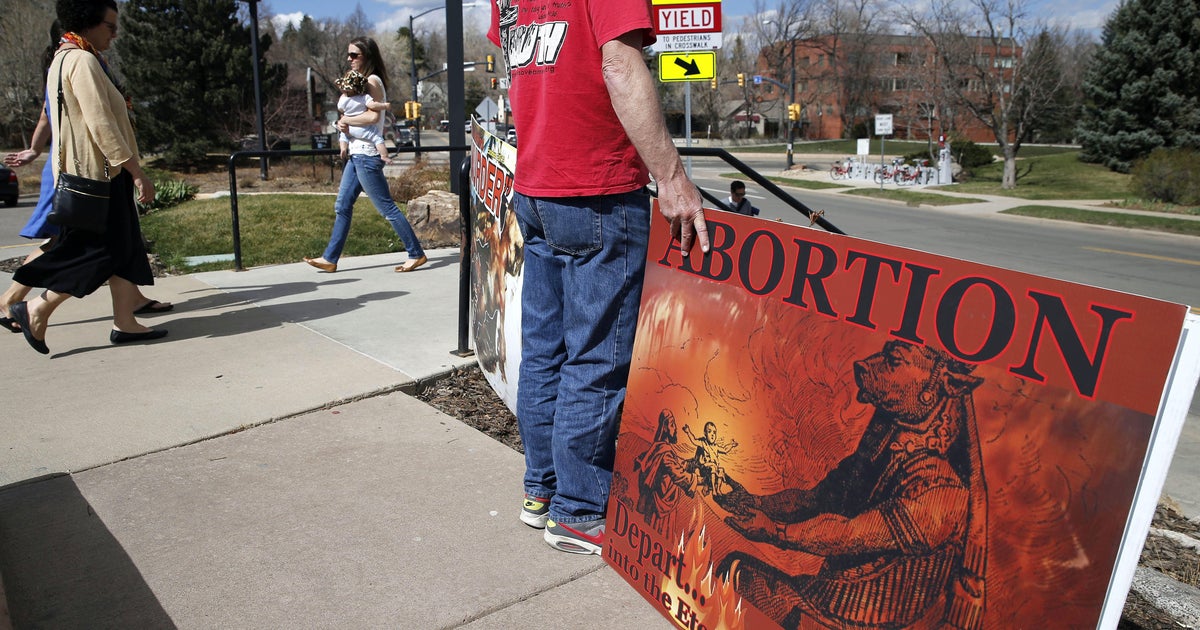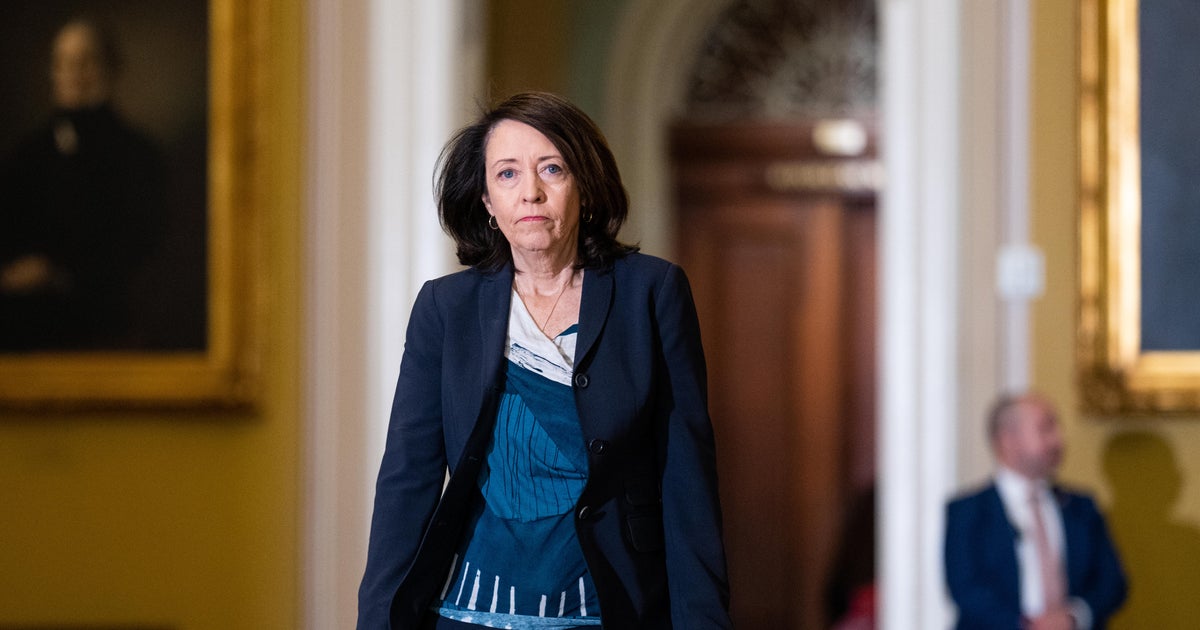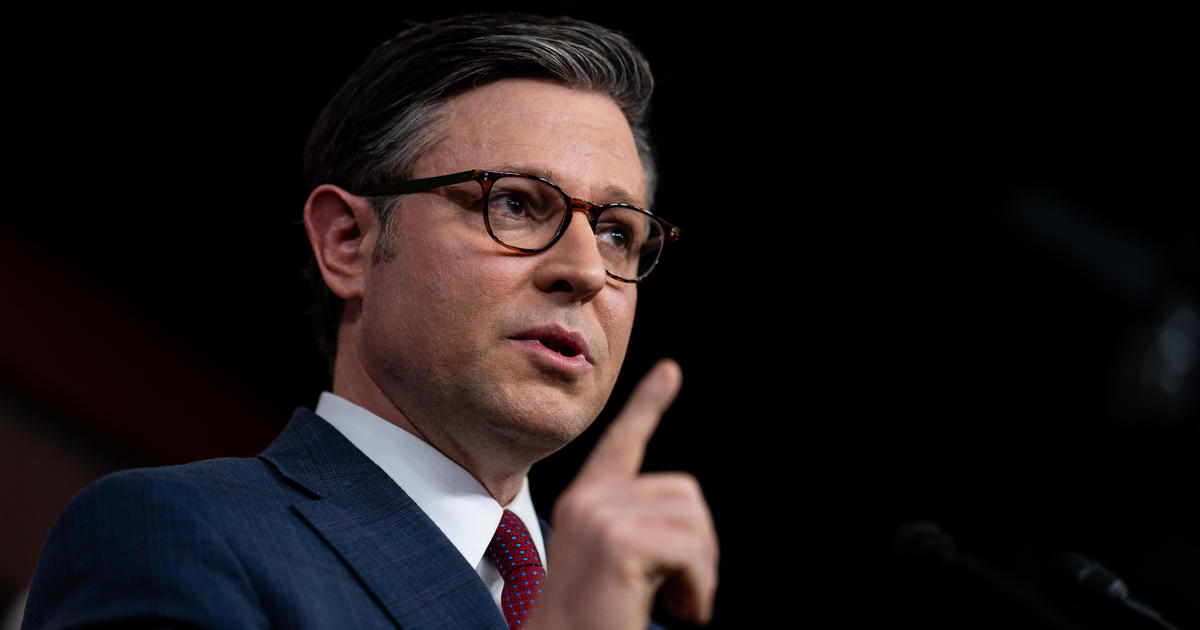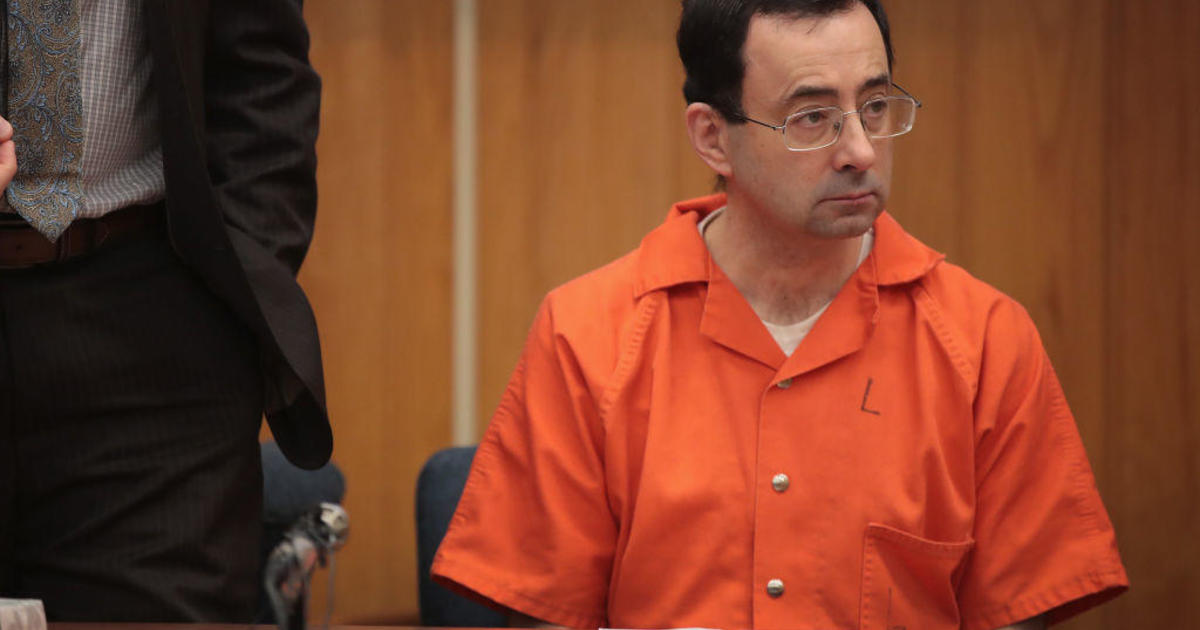Supreme Court declines to block Texas 6-week abortion ban
Washington — The Supreme Court late Wednesday declined to halt a Texas law banning abortions as early as six weeks of pregnancy, allowing the nation's most restrictive measure to remain in effect.
The court ruled 5-4 against providing relief to abortion providers, who asked the Supreme Court on Monday to put the law, which outlaws most abortions in the state, on hold. Chief Justice John Roberts and the three liberal justices were in dissent.
The high court failed to act before the law took effect earlier Wednesday, and abortion providers in Texas informed women they would no longer offer the procedure after six weeks of pregnancy in compliance with the law. Then, nearly 24 hours later, the high court rejected the request from abortion rights supporters to block the law.
In its opinion, the majority acknowledged the abortion providers "have raised serious questions regarding the constitutionality of the Texas law at issue," but said their request to the court presents "complex and novel" procedural questions that prevented them from meeting their burden.
While the high court refused to stop the law while the legal fight continues, the majority said its decision "is not based on any conclusion about the constitutionality of Texas's law, and in no way limits other procedurally proper challenges to the Texas law, including in Texas state courts."
The decision from the Supreme Court is a significant victory for anti-abortion advocates, who are looking to the high court's expanded 6-3 conservative majority — with three justices appointed by former President Trump — to chip away at Roe v. Wade, the 1973 landmark Supreme Court decision that established a woman's right to an abortion. The court is poised to hear this fall a case involving Mississippi's 15-week abortion ban, and a decision upholding that measure could clear the way for more restrictive abortion laws.
In a blistering dissent, Justice Sonia Sotomayor called the court's order "stunning" and said the law is a "breathtaking act of defiance — of the Constitution, of this court's precedents, and of the rights of women seeking abortions throughout Texas."
"Presented with an application to enjoin a flagrantly unconstitutional law engineered to prohibit women from exercising their constitutional rights and evade judicial scrutiny, a majority of justices have opted to bury their heads in the sand," she wrote.
In a statement Thursday, President Biden called the decision "an unprecedented assault on a woman's constitutional rights" and said the court "unleashes unconstitutional chaos and empowers self-anointed enforcers to have devastating impacts."
"For the majority to do this without a hearing, without the benefit of an opinion from a court below, and without due consideration of the issues, insults the rule of law and the rights of all Americans to seek redress from our courts," he said. "Rather than use its supreme authority to ensure justice could be fairly sought, the highest Court of our land will allow millions of women in Texas in need of critical reproductive care to suffer while courts sift through procedural complexities."
The president said he is launching "a whole-of-government effort to respond to this decision," tasking the White House counsel's office and his Gender Policy Council to examine "what steps the Federal Government can take to ensure that women in Texas have access to safe and legal abortions as protected by Roe, and what legal tools we have to insulate women and providers from the impact of Texas' bizarre scheme of outsourced enforcement to private parties."
White House press secretary Jen Psaki, asked what the president's message would be to women in Texas seeking an abortion, said this Thursday in the White House briefing room: "I would say he would convey to them, I have asked my team, I have asked my team to use every lever at their disposal to ensure you have this right, to ensure you have access, to ensure that you can have the ability to seek medical care in the way that every woman should have the right to across the country. And he has made that a priority."
The Texas law is the most restrictive abortion measure in the country, as it bars the procedure after six weeks into a pregnancy, which is before many women know they're pregnant. The coalition of abortion clinics and abortion rights supporters that sought the Supreme Court's intervention argued it defied the high court's precedents, under which states cannot outlaw abortions before fetal viability, which generally occurs around 24 weeks.
In the final hours Tuesday before the law took effect, Whole Woman's Health, which operates four clinics in Texas and is a plaintiff in the case, reported having full waiting rooms of patients seeking abortions. But as of Wednesday, the clinics would only provide the procedures if ultrasounds do not show cardiac activity in compliance with the law, Amy Hagstrom Miller, CEO of Whole Woman's Health, told reporters.
Miller said Thursday the provider is "devastated" by the Supreme Court's decision. Whole Woman's Health's four clinics in Texas are still open and complying with the six-week ban, she said.
"Our patients are scared and confused and desperately trying to figure out what they can do to get an abortion," she said in a statement. "We don't know what will happen next. Our staff and providers are so afraid."
Meanwhile, Texas Right to Life, an anti-abortion group, said it is "thrilled" with the decision and called it a "massive victory," as Texas became the first state in the country to enforce a bill prohibiting abortions after a fetal heartbeat is detected.
"Texas Right to Life hopes to replicate our success across the nation," the group said,
In their request to the court earlier this week, the abortion rights groups estimated at least 85% of women who undergo abortions in Texas are at least six weeks pregnant. They warned the law prohibits nearly all abortions in the state and will drive many abortion clinics to close.
"Patients who can scrape together resources will be forced to attempt to leave the state to obtain an abortion, and many will be delayed until later in pregnancy," they argued. "The remaining Texans who need an abortion will be forced to remain pregnant against their will or to attempt to end their pregnancies without medical supervision."
The law, the abortion providers wrote, would "immediately and irreparably decimate abortion access in Texas," if allowed to remain in effect. It does not provide an exception for pregnancies that result from rape or incest.
Texas has joined 12 other states with laws banning abortions at early stages of pregnancy, known as "heartbeat bills" because they seek to outlaw the procedures after a fetal heartbeat can first be detected. Federal judges have stopped those other state laws from taking effect.
But the Texas law differs from the others with its enforcement scheme: Under the measure, private citizens are allowed to bring civil lawsuits in state courts against abortion providers or anyone who helps women obtain an abortion, including a person who brings a woman to a clinic or provides financial assistance.
If a suit is successful, the plaintiff is entitled to at least $10,000 from the violator of the law.
Sotomayor blasted the scheme crafted by the state legislature, writing it has "deputized the state's citizens as bounty hunters, offering them cash prizes for civilly prosecuting their neighbors' medical procedures."
In response to the request to block the law, Texas officials argued the claims raised by the abortion providers and advocacy groups were "hyperbolic" and said they "have not shown that they will be personally harmed by a bill that may never be enforced against them by anyone, much less by the governmental defendants."
"If any party is facing irreparable injury in this application, it is respondents, along with the state they serve and its people," they said in a filing with the Supreme Court.
The pro-abortion advocates sought Supreme Court intervention after a federal appeals court canceled a district court hearing scheduled for Monday. The 5th U.S. Circuit Court of Appeals also denied their request to speed up proceedings or halt enforcement of the law pending appeal.
In their upcoming term, which begins in October, the justices will hear a major legal battle over a Mississippi law prohibiting abortions after 15 weeks. Republican-led states — including Texas — are urging the court to overrule Roe.



